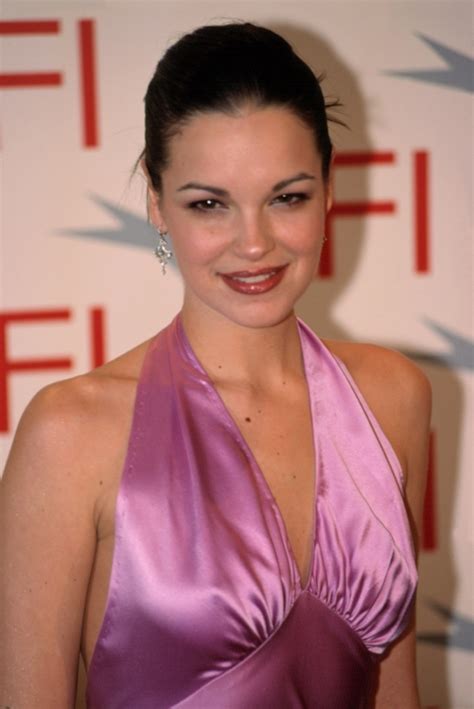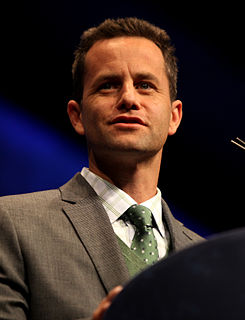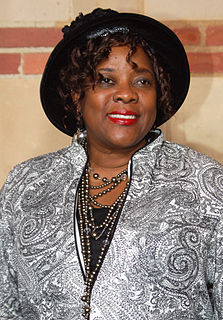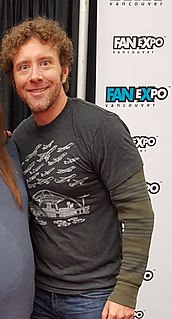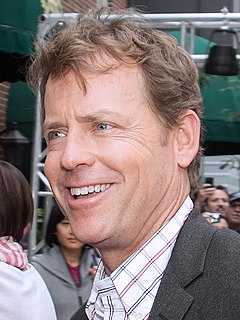A Quote by Carson Grant
As actors, we need public relations to campaign for our next possible role, and any media promoting our work seems positive in nature; but whether in theater or on a film set, a bad unprofessional photograph at the wrong angle may not be as flattering to some actors, and may be considered a harmful exposure.
Related Quotes
I think film is a world of directors. Theater is a world of actors. Or, theater is for actors as cinema is for directors. I started in theater. Filming is as complete as directing film. In theater, you are there, you have a character, you have a play, you have a light, you have a set, you have an audience, and you're in control, and every night is different depending on you and the relationship with the other actors. It's as simple as that. So, you are given all the tools.
Some people do stage and film. Some people are film actors, and some people are stage actors. I'm quite sure that any of the actors who did the original production of 'August' could have done the film of 'August.' I don't think any of them were particularly surprised when they didn't wind up doing the film.
The actor has to have some degree of craft, along with the talent. No one tries to laugh except bad actors. No one tries to cry except bad actors. How a character hides his feelings tells us who he is. Most people don't know that, and most actors don't do that. Therefore, there are a lot of actors who put me to sleep, that are considered good actors, but they're predictable and boring. I know how the scene is going to end before it ends.
To go into more specifics regarding actors, whether they're from Korea or the U.S., all actors know if they are loved by the director. When they feel that love from the director, they respond by giving a great performance on camera. Also, everyone on set - the crew, the actors - they were aware of the film's message and its broad theme, so these big issues were never discussed on set.
You work with every actor differently. It's like if you're a mother, if you have children, some children need more discipline. Other children you back off of a little bit and let them be. It's the same way with actors. Some actors need a lot of hand holding. Other actors like to be let be and you let them go. Some actors like to be nudged just a little bit. Some actors don't mind line readings.
You can't make theater happen without actors. The actor is the central ingredient in making theater happen. Audiences may come to theaters to see the work of stage managers, directors and producers, but the only people who can communicate theater magic to audiences, through ideas and emotions, are the actors. They are the only ones who can communicate this by themselves, and if necessary, they can get along without you. But you can't make theater without the actor.
There are etiquette things that actors, new actors, need to know about. Because it only takes one mess-up on a set to get fired. Not being where you're supposed to be or saying something to the wrong person that you're not supposed to say, and those are like basic things that the actors need to know.
It is due to justice; due to humanity; due to truth; due to the sympathies of our nature; in fine, to our character as a people, both abroad and at home, that they should be considered, as much as possible, in the light of human beings, and not as mere property. As such, they are acted on by our laws, and have an interest in our laws. They may be considered as making a part, though a degraded part, of the families to which they belong.
Indian actors, because of the format of our stories, need to be good actors, and be able to perform emotional sequences, do a bit of comedy, dance and singing, action, because all of this forms just one film. In many ways I'd say there are greater demands on Indian actors than there are on Hollywood.
I love actors, both my parents were actors, and the work with actors is the most enjoyable part of making a film. It's important that they feel protected and are confident they won't be betrayed. When you create that atmosphere of trust, it's in the bag - the actors will do everything to satisfy you.
There are some actors that are great stars and storytellers, but not necessarily good actors. I'm talking about some - not all - of the people you see in action flms or blockbusters. They're film stars, though not necessarily great actors. And there are those who are great actors, but not necessarily big film stars. Jim Sturgess is both. He's quite obviously a star, the audience likes him, he's a great storyteller and he turned out to be one of the greatest actors I've worked with as well.



